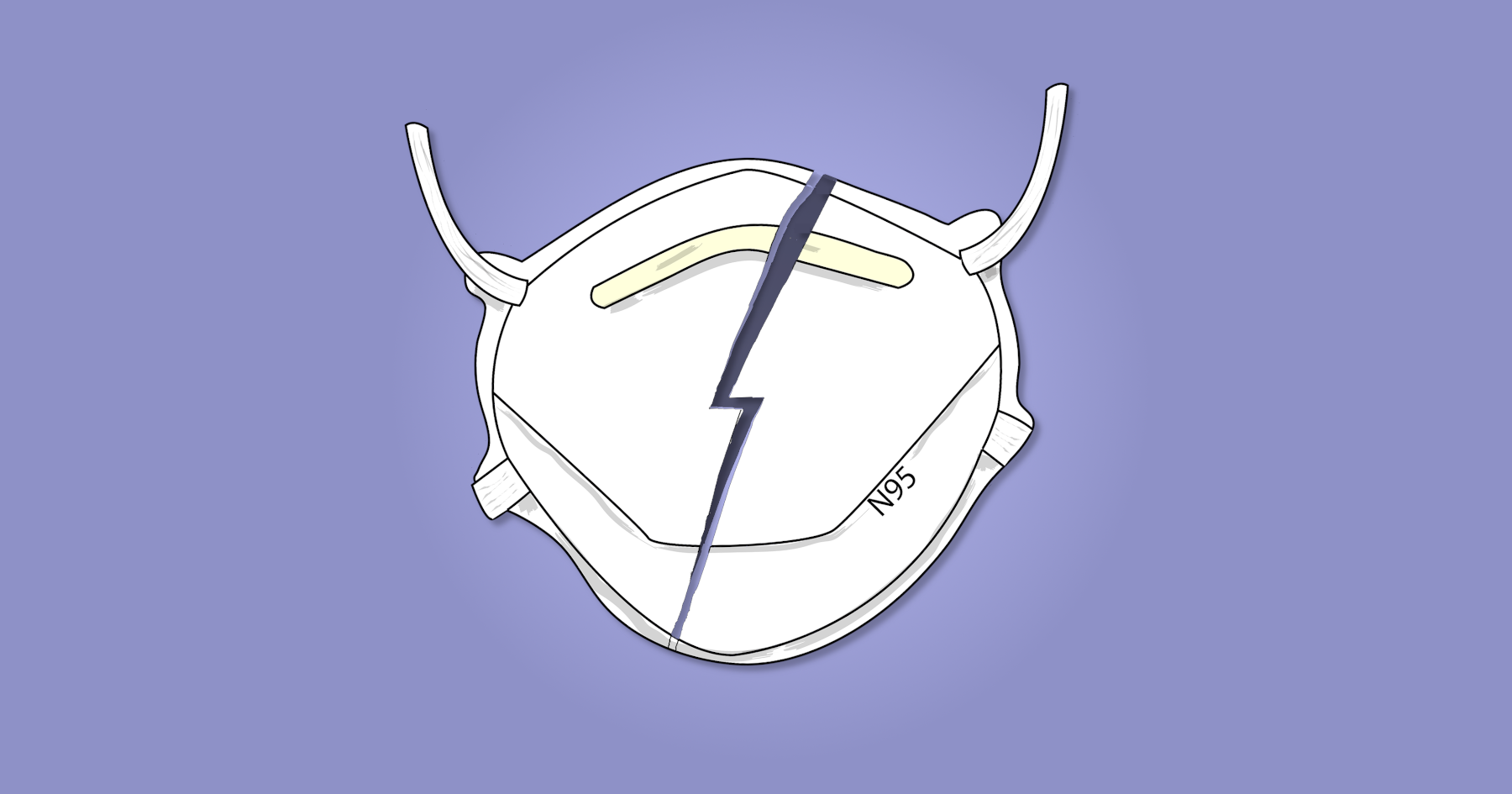Icarus had a problem: Desperate to escape from prison, he made wings out of feathers and wax. His father warned him not to fly too close to the sun, but Icarus couldn’t resist the freedom of soaring. His wings melted and he plunged to his death.
Like Icarus, public health is given advanced warning, but struggles between freedom and rules. And as in Greek myths, each failure offers a “moral.”
Here are five examples:
Referring to the pandemic in the past tense
COVID-19 is still spreading in unpredictable waves. Although hospitalizations are currently low, the virus landed over 1,000 Ontarians in hospital and killed nearly 500. New variants keep emerging, including the latest NB. 1.8.1, also known as “Nimbus.” It took just three months to become Canada’s dominant variant. Each time a new variant takes over, it threatens built-up immunity from vaccines and previous infections. Although Nimbus isn’t deadlier than previous variants, there’s no guarantee that future variants won’t cause more severe disease.
Comments closed
